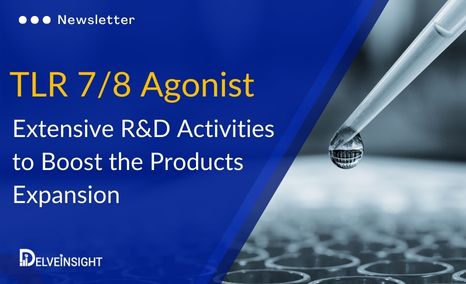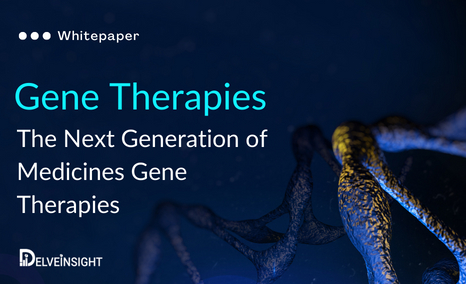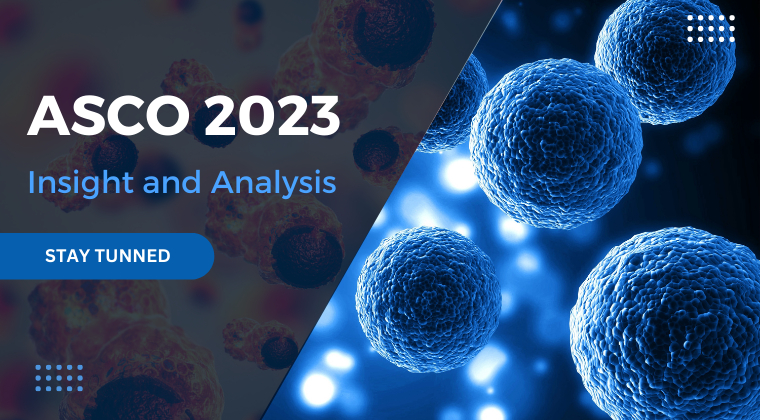A range of rare genetic disorders is pinpointed by a deep-learning algorithm. This helps doctors and researchers by analysing pictures of people’s faces. Researchers describe the technology after the diagnostic aid, a smartphone app called Face2Gene. It relies on machine-learning algorithmsand brain-like neural networks . This is for classification of distinctive facial features in people’s photos with congenital and neurodevelopmental disorders. The patterns from the pictures are used for inference, the model homes in on possible diagnoses and provides a list of likely options. The technology is not intended to provide definitive diagnoses, albeit used by doctors as an aid. However it raises a number of ethical and legal concerns. Researchers at FDNA, a digital-health company in Boston, Massachusetts, first trained the artificial intelligence (AI) system to differentiate Cornelia de Lange syndrome and Angelman syndrome. These are two conditions with distinct facial features. FDNA chief technology officer, Yaron Gurovich, fed the algorithm of more than 17,000 images of diagnosed cases across 216 distinct syndromes. When new images of people’s faces were presented, the best diagnostic guess of the app was correct in about 65% of cases. And when multiple predictions were done, Face2Gene’s top-ten list contained the right diagnosis about 90% of the time.
Narrowing the field
FDNA intends to help other companies filter, prioritize and interpret genetic variants of unknown significance during DNA analysis by developing this technology. FDNA needs data to train its models.So, the Face2Gene app is currently available for free to healthcare professionals. Majority of whom use the system as a kind of second opinion for diagnosing rarely seen genetic disorders. A starting point can also be provided in cases in which a doctor doesn’t know what to make of a patient’s symptoms. The accuracy of program has improved slightly as more healthcare professionals upload patient photos to the app. There are now some 150,000 images in its database.
Silos and bias
However the algorithm is only as good as its training data set, and there’s a danger in case of rare disorders that affect only small numbers of people worldwide, the companies and researchers will commence to silo and commodify their data sets. And ethnic bias in training data sets that contain mostly Caucasian faces remains an issue. A 2017 study of children with an intellectual disability found that whereas Face2Gene’s recognition rate for Down syndrome was 80% among white Belgian children, it was just 37% for black Congolese children. With a more-diverse training data set, however, the algorithm’s accuracy for African faces improved, showing that more-equitable representation of diverse populations is achievable. The issue will soon be addressed and less and less bias will be there.

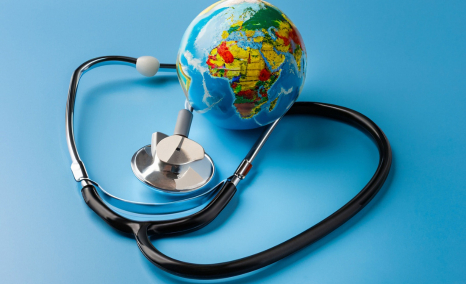
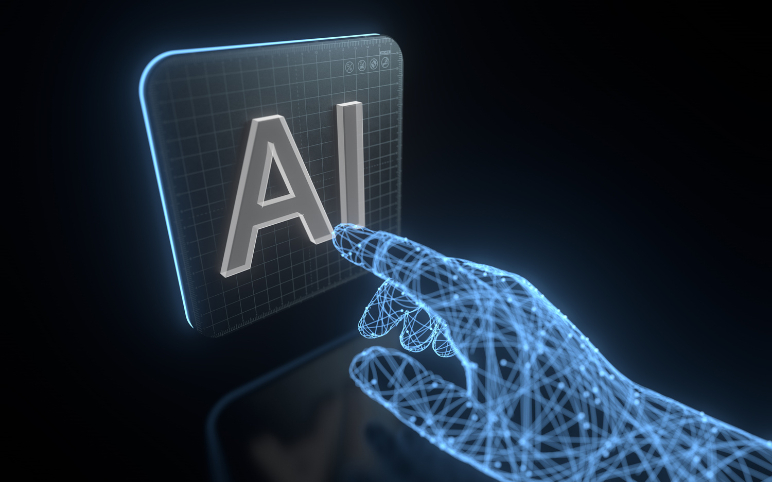
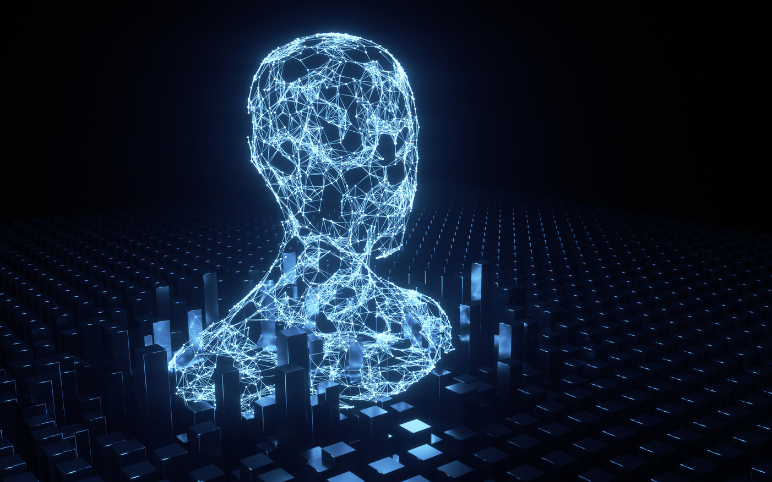
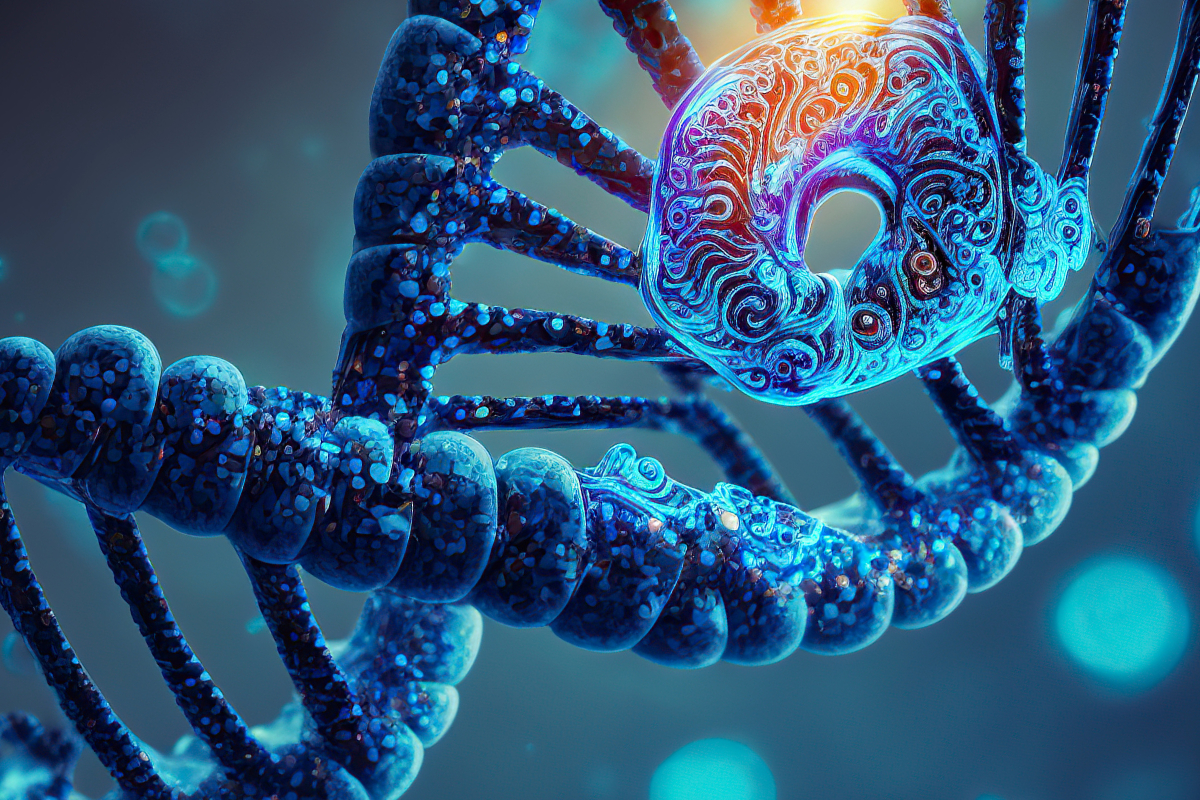
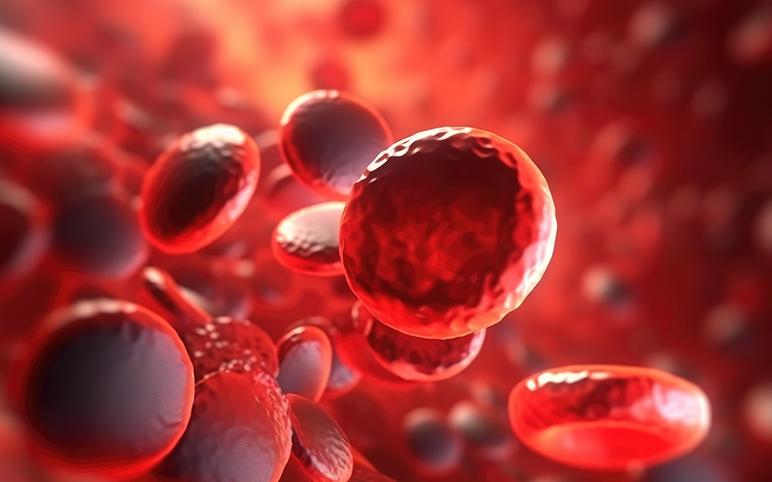
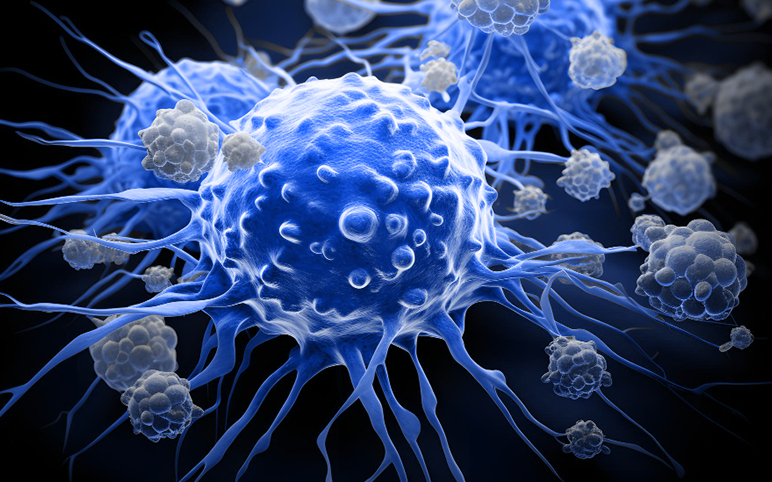
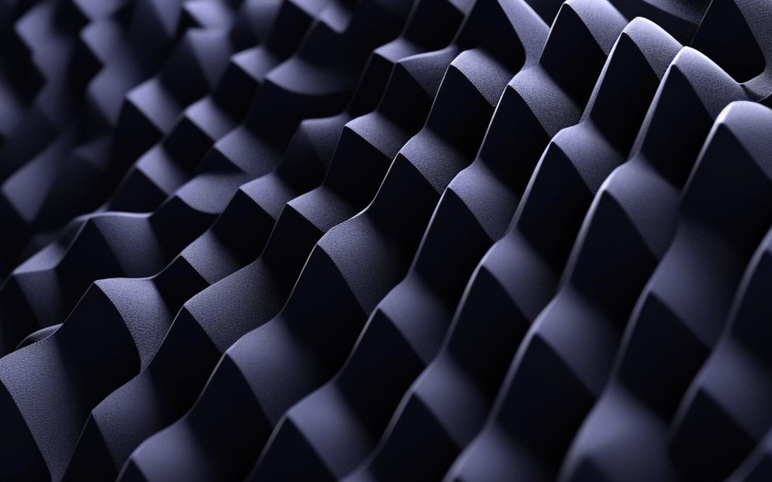
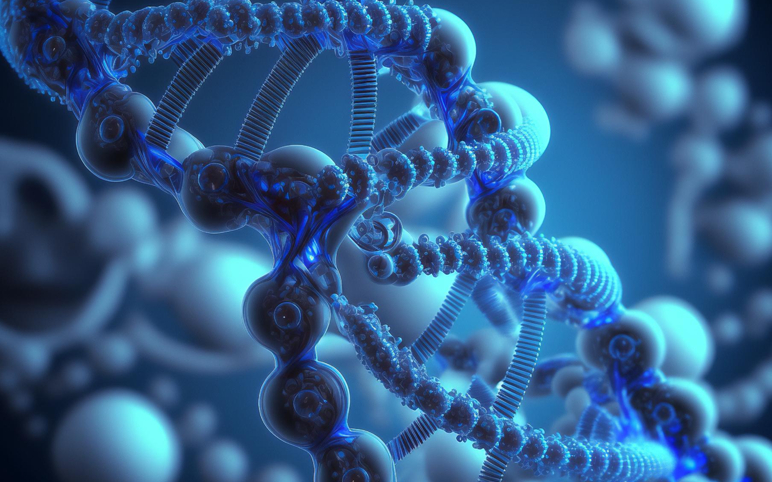
-Agonist.png)
